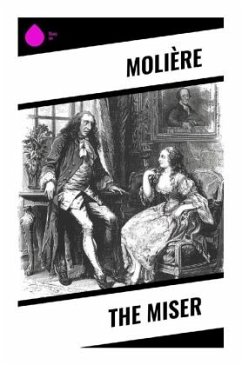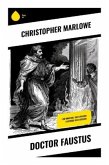Molière's "The Miser" is a brilliant comedic exploration of human greed, folly, and the complexities of family relationships set in 17th-century France. This timeless play utilizes sharp wit and intricate character dynamics to expose the absurdities of avarice through the character of Harpagon, an obsessive money-keeper whose incessant hoarding leads to chaotic entanglements in his children's love lives. Molière employs a masterful blend of farce and satirical commentary, inviting audiences to reflect on societal values while providing laughter through clever dialogue and comedic situations. The play is a notable example of French classical theatre, characterized by its emphasis on moral lessons cloaked in humor, which aligns with the artistic movements of its time. Molière, born Jean-Baptiste Poquelin, was deeply influenced by the social hierarchies and cultural norms of his era. As a playwright and actor, he often sought to challenge societal conventions, reflecting everyday life's absurdities in his works. His experiences in the theatrical world, coupled with his keen observational skills, positioned him to craft "The Miser," drawing on his understanding of human behavior and the pitfalls of obsession and materialism. For readers and theatre enthusiasts alike, "The Miser" offers a rich tapestry of humor and insight, making it a must-read for those intrigued by the interplay of comedy with ethical themes. This play not only entertains but also prompts reflection on the consequences of greed and the importance of valuing relationships over wealth, ensuring its relevance across generations.
Bitte wählen Sie Ihr Anliegen aus.
Rechnungen
Retourenschein anfordern
Bestellstatus
Storno








